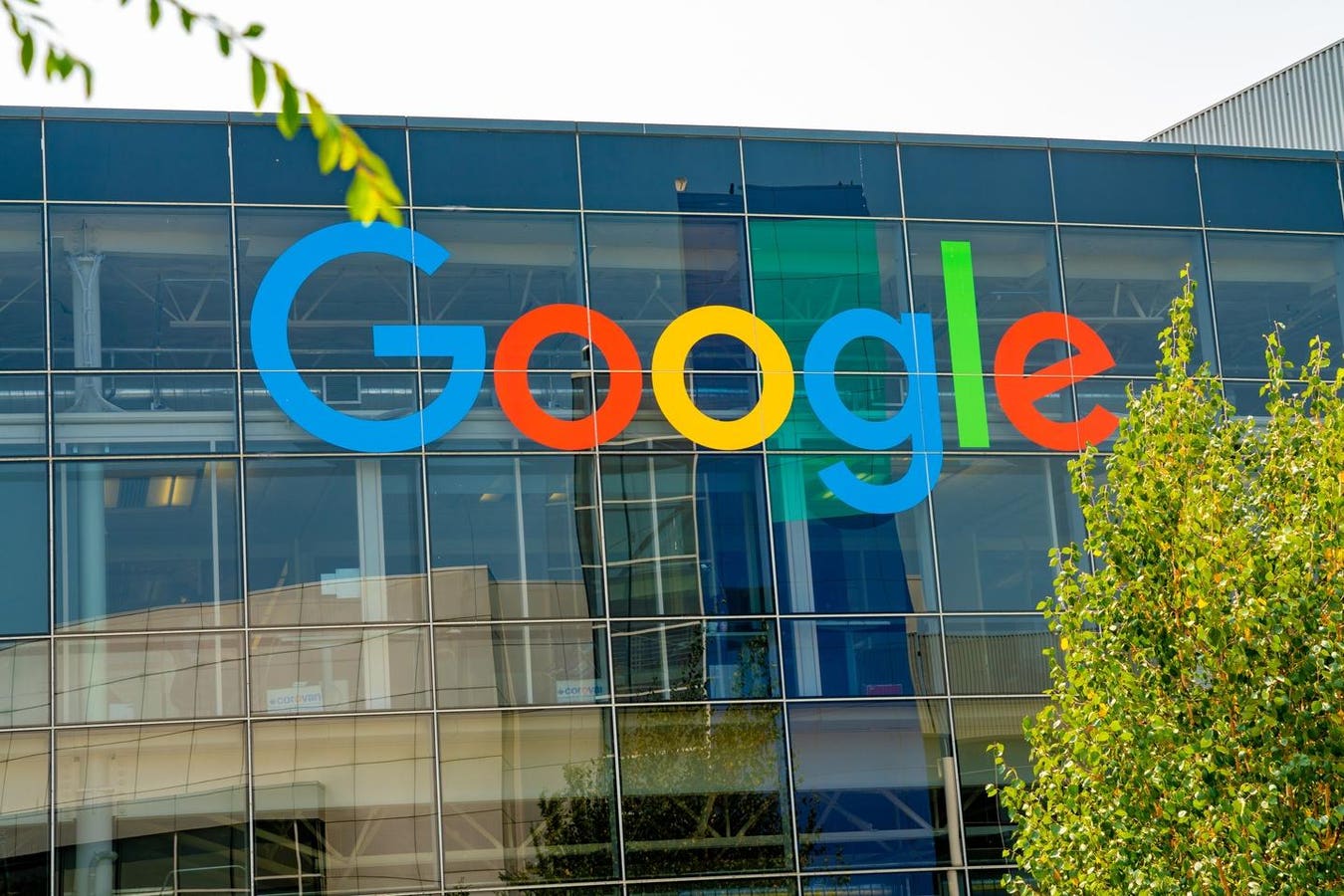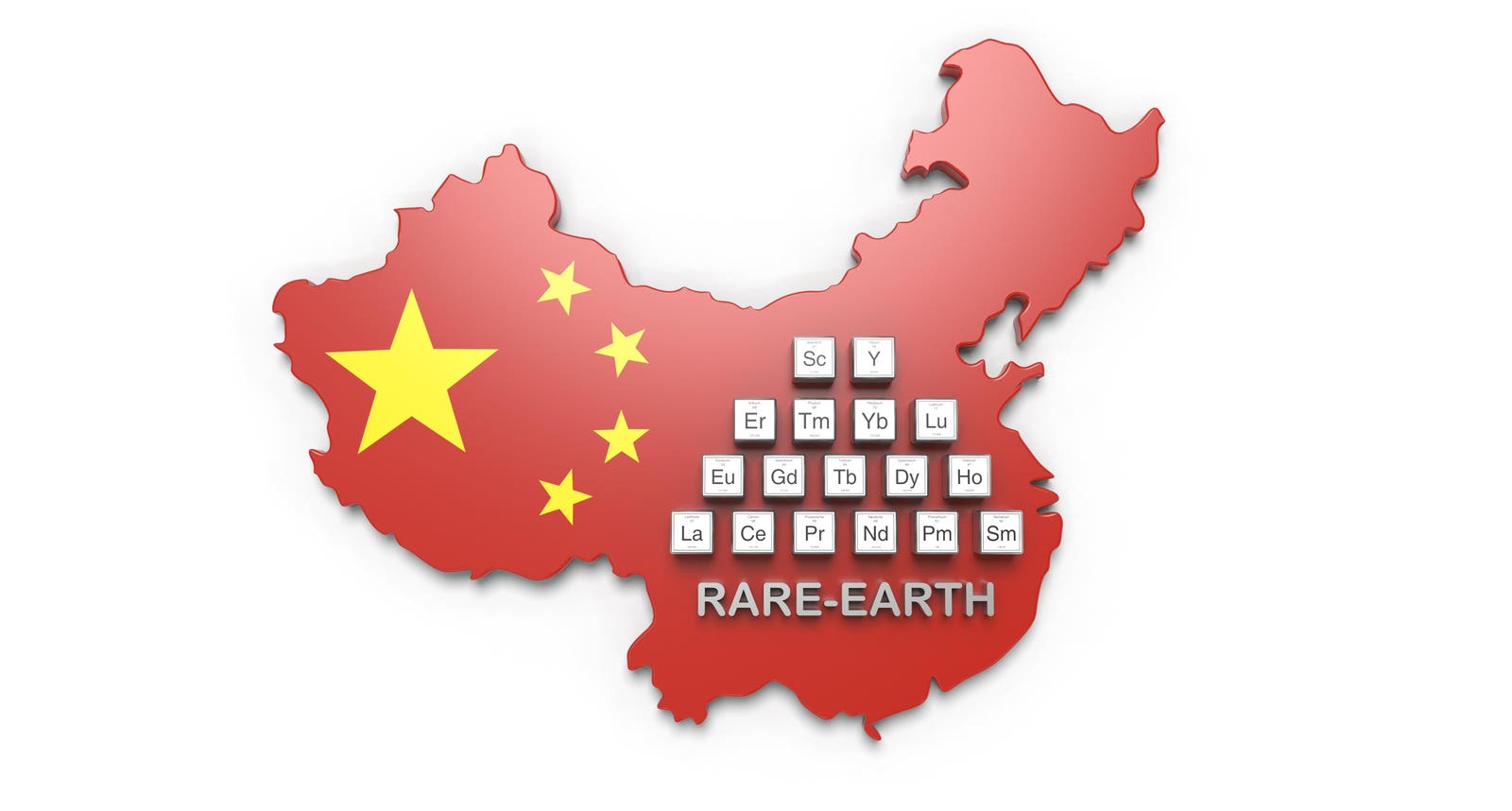Palo Alto, California, USA – January 02, 2018: Googleplex office in Silicon Valley. Huge Google … More
In some ways, our news model has been the same for hundreds of years. But that way of providing a service to readers seems to be going obsolete pretty quickly.
In recent times, news publishers are getting unpleasant surprises in the form of decreasing Internet traffic. That’s a problem, because these publishers have already had to pivot away from a physical print medium to the web, and for many of them, that’s been challenging. (Think, newspapers.)
Now we see that Google‘s most recent changes to its model are throwing these traditional businesses another curveball.
Reports in The Information and other sources show that traditional publishers are losing out as Google introduces AI search mechanisms that compete with the old blue hyperlink SERP directory search engine.
We’re Using AI to Search
As I mentioned in covering remarks by Sam Altman of OpenAI a while ago, even Altman himself uses ChatGPT to find out things that he would have previously used Google for.
Multiply that by millions of people, and you have a scary situation for anyone who’s in the news business. We’re transfixed by the power of these LLMs to scour the entire Internet in seconds, build responses based on collective consciousness, and get us our answers right away, without that tedious old job of doing the research.
But it comes at a price for those relying on the old ways.
Watching Traffic Decline
Publishers, who have already seen their revenue model change, are now seeing that the Internet footprints they use for visibility and conversion are not doing as well as they did previously.
Rebecca Bellan at Techcrunch reports on the New York Times having a certain percentage less of organic traffic in its overall numbers (down to 36.5% in April, from 44%) – which is sort of a strange way to measure declining search, but still one facet of describing a real problem.
A Little Damning
Then there are additional reports based on Apple’s internal communications that suggest the company actively decided to make a power play based on its monopoly on traditional search.
Reporters looking at Alphabet internal directives suggest that the company could have offered publishers more, but decided to force those who want to be included in traditional search to let their content be used by the AI, a Faustian bargain in which, presumably, the agreeing party is an active participant in its own demise.
On the other hand, Google‘s apologists claim that it has created something called Offerwall as a potential new revenue model for publishers.
Offerwall, they contend, offers these creators revenue beyond ads. But that’s only if readers take the offers.
Why Don’t Micropayments Work?
There’s also another mostly theoretical solution in the mix – having people buy individual news articles with micropayments.
This move, however, is almost certain to fail, according to some close to the industry who point out some major problems with the micropayments method.
One is that news media is often seen as a package deal.
“If a subscription is worth a hundred dollars a year to a publisher, then even one person clicking on the twenty-cent button instead means the publisher needs five hundred people to buy articles to make up for the lost revenue,” writes James Ball at the Columbia Journalism Review. “The ratios are different for different outlets, but the math remains intimidating. … There’s also a philosophical objection. As noted, newspapers and magazines have been conceived as a package—a mix of the light and the heavy. Some stories cost far more to produce than others, but it balances out because you buy the whole thing. That logic dies if you separate them out.”
As an aside, what few parties have tried is building a hyper-local newsroom on a shoestring budget, tying it to a mobile phone app, and charging subscribers very low prices for getting all the tea about what’s happening in their neighborhoods.
Perhaps people are scared of the legal liability.
Does it Really Know?
Then there’s the question of whether the Google AI Overviews results are actually accurate.
Some users claim the model is often wrong. And its track record is spotty.
“It became the laughingstock of the internet in mid-2024 for recommending glue as a way to make sure cheese wouldn’t slide off your homemade pizza,” writes Max Delaney at TechRadar. “And we loved the time it described running with scissors as ‘a cardio exercise that can improve your heart rate and require concentration and focus.’”
Figuring Out the Endgame
In any case, publishers are between a rock and a hard place – they have to choose from a lot of bad options, and figure out the best ways to try to stay afloat in a scenario that seems wildly slanted against them.
Some would say it’s just free market economics – that publishers will have to do what many other businesses have done over the years, to be Netflix instead of Blockbuster, and change with the times.
But we’re certain to see more of this wider debate about how we consume information, and what it means in the second quarter of the 21st century.









